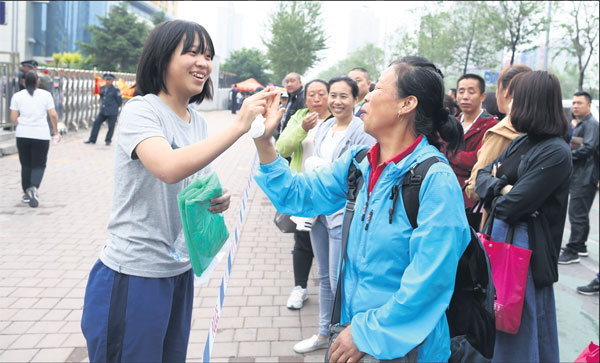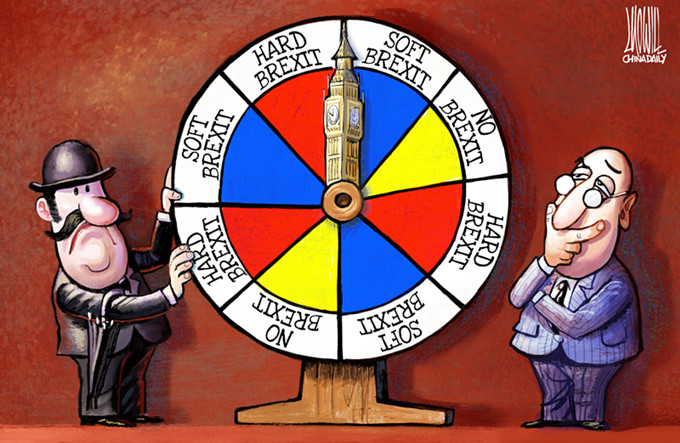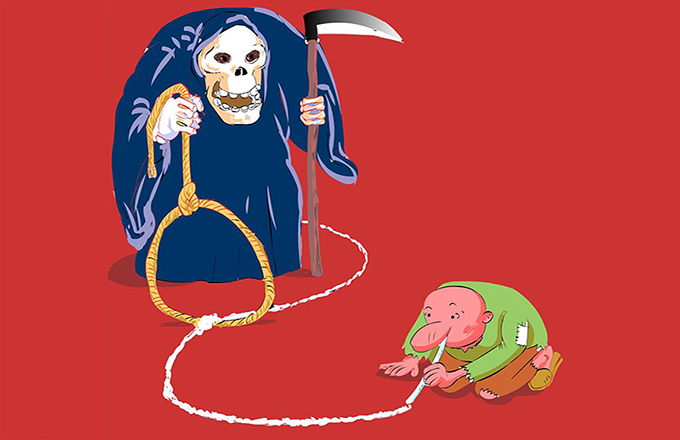Welcome ban on brouhaha over exam scores, but more needed
 |
|
Gaokao kicks off on June 7, and this year around 9.4 million students take the exam. A student from the Changchun Experimental Middle School says goodbye to her mother before attending the exam on the morning of June 7. Photos by Bai Shi / For China Daily |
THE EDUCATION DEPARTMENT OF NORTH CHINA'S HEBEI PROVINCE sent a notice to its subsidiary branches and all the high schools in the province, asking them not to publicize the gaokao (national college entrance exams) scores of their students, and not to post online the percentage of their students enrolled into colleges. That's a good move, comments Beijing News:
Giving too much publicity to the gaokao scores of the best students has been a longstanding phenomenon because of education officials' distorted understanding of their job performance. They believe the percentage of local students enrolled into colleges is important and tend to encourage local high schools to push their students for high scores.
Besides, posting the gaokao scores of their excellent students has led to local high schools trying to attract the best students by offering incentives for enrollment.
That's why the notice of the Hebei Education Department is welcome. Too much publicity about high-scoring students encourages a blind pursuit of good exam scores, which is contrary to the modern idea of a well-rounded education.
However, a ban on such publicity is far from enough on its own. More needs to be done to promote parents' awareness of the importance of well-rounded education.
And if local education bureaus continue to make a brouhaha about the importance of scores, what punishment will they get? As previously stated, some high schools attract students with incentives; how to curb this practice?
In order to reverse the blind gaokao worship, stricter measures need to be taken to regulate high schools. But, more important, reform is needed. First, the national college entrance exams should be reformed so that they don't play such an important a role in deciding which university a student goes to. Second, high schools need to develop in a diversified manner, so that they may compete with each other in various ways instead of on just the performance of their students in the exams.



















